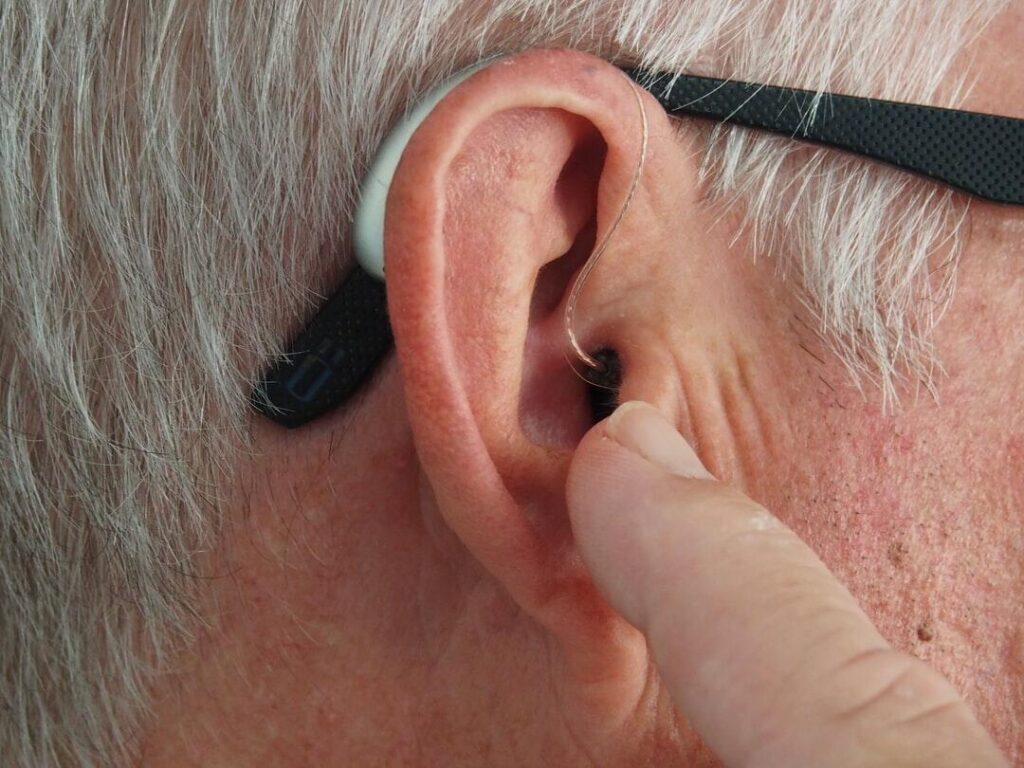As we age, many of us will experience changes in our bodies that are simply a part of getting older. One of these changes is age-related hearing decline. This issue affects millions of people, yet it often goes unnoticed until it has progressed significantly.
Understanding the signs and implications of hearing loss can help you or a loved one navigate this common yet serious condition.
What Is Age-Related Hearing Decline?
Age-related hearing decline, also known as presbycusis, refers to the gradual loss of hearing that occurs as people grow older. This type of hearing loss is usually gradual and can go unnoticed at first.
Initially, it may be challenging to hear high-pitched sounds like birds chirping or the ringing of a phone. As the condition progresses, understanding conversations in loud environments can also become difficult.
Signs of Hearing Loss
Recognizing the early signs of hearing decline can lead to better management and treatment. People may notice they need to turn up the volume on the television or radio more frequently. Others might find themselves asking others to repeat themselves often.
Another common sign is difficulty following conversations, especially in groups. When background noise competes with the voices of friends or family, those with hearing loss may feel left out or confused.
The Causes of Hearing Decline
Understanding the causes of hearing decline can help individuals take proactive steps in managing their hearing health. The primary cause is the natural aging process.
As we age, the tiny hair cells in our inner ear that help us hear can become damaged or die. Additionally, long-term exposure to loud noises can speed up this process. Other factors such as genetics and medical conditions like diabetes can also contribute to hearing decline.
The Emotional and Social Impacts
Hearing loss does not just affect hearing ability; it can also have a significant emotional impact. Many people feel frustration and isolation due to their inability to hear well. It is essential to recognize that emotional support can play a crucial role in managing the effects of hearing loss.
Connecting with peers or joining support groups can provide the necessary outlet for sharing experiences and coping strategies. Additionally, family members can offer understanding and patience, helping loved ones navigate their hearing challenges.
Seeking Help and Support
If you or someone you know is experiencing signs of hearing decline, seeking help is vital. Scheduled hearing tests can provide a complete assessment of hearing ability.
Moreover, many communities offer resources for seniors experiencing hearing loss. These can include workshops, support groups, and educational material on managing hearing decline. Staying informed and seeking help can turn a challenging situation into an opportunity for improved quality of life.
The Importance of Family and Caregivers
Family members and caregivers play a vital role in supporting those with hearing decline. They can help facilitate conversations and advocate for necessary medical services. Understanding the impact of hearing loss in seniors is crucial for fostering a caring and supportive environment.
Simple actions, like maintaining eye contact while speaking or reducing background noise during conversations, can improve communication with someone who has hearing loss. It is essential to create an atmosphere of understanding where those affected feel comfortable expressing their needs.
Helping Seniors With Hearing Loss
Age-related hearing decline is a common issue for many seniors, but understanding it can make a significant difference. Recognizing the signs, supporting emotional well-being, and seeking assistance can lead to enhanced quality of life. If you or someone you care about is dealing with hearing issues, take action today.







